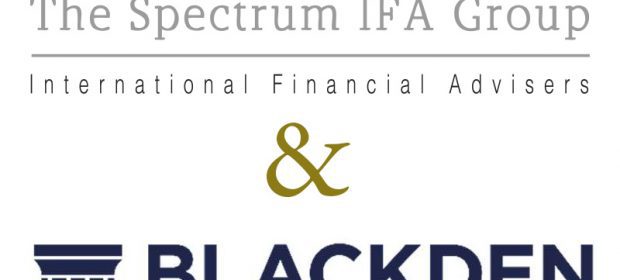Gareth is the Manager of the Italian Office. He writes a regular ezine and below you will find his latest message.
It feels decidedly bizarre to be writing to you in these unprecedented times. I am really struggling with what to write about. Concentration seems intensely difficult. I must have re-written this article about 4 times to date because what I write either seems irrelevant, or even just a little patronising. Money matters don’t seem quite as important right now and although I know that those same money concerns will reappear when we eventually get back to normal, my stories, my facts, my ideas just don’t seem right at this moment in time.
But, I thought that I must write to you, maybe just to relay my experiences to date of the coronavirus and some of my own concerns.
I should start by telling you that I think I may have been infected by the virus.
Three weeks ago my family and I went on a settimana bianca in the north of Italy with 3 other families. In retrospect it was an absolutely crazy idea. At the time the lock down was just being imposed in the Veneto area and we thought, in our wisdom, that we would bypass it. We even convinced ourselves that the clean mountain air and outdoors would do us the world of good. What we hadn’t quite calculated was the proximity to people on the cable car and ski stations and also in the hotel. Two of the men from two of the other families fell ill when we came back. The first had a test done quickly and discovered that he was positive; the second needing to be taking to hospital a week ago due to respiratory difficulties. He was discharged the same day but told he was also positive. Both are now fine. My wife and I both started with very mild flu like symptoms about a day or so after returning, achy bones and, oddly for me, light headaches. Thankfully that has all passed now and we feel fine. We never got tested but can only assume that we also got this virus.
However, the virus itself is less of a concern for me personally. My thoughts always return to the long term economic damage that this will do in Italy in the long run. I won’t go into a discourse in this E-zine, but I do keep thinking that there must be some point where the government will have to accept that the long term economic damage will be greater than the consequences of the virus itself. That is a scary thought, mainly because of all the vulnerable people who could become infected. We have a very close uncle of 77 years old, a Nonna in the family of 92 years old, my own mother in the UK of 71 years old and my suocera of 68 years old, also in the UK. We also have a close friend in the north of Italy whose father has been admitted to hospital with coronavirus. This is a very unsettling time.
The 92 year old grandmother is worth a mention here, because we say that these are unprecedented times, but I spoke with her on the phone the other day only to discuss some of her experiences during the war years. She lives in Southern Italy. She told me about the times when her father (a typewriter mender) would go and trade his services in local businesses in exchange for food: prosciutto, a formaggio, bread etc and then often the soldiers, who themselves famished, would steal everything that the household had. They had to learn to hide the food in secret places around the house. At the same time, tuberculosis was running rife through communities with no access to any pharmaceuticals and with quite basic living conditions. She explained that she lost a number of good, and young, friends during this period. So no matter how bad we have it at the moment, this puts it all into perspective, without wanting to down play the seriousness of the situation.
I don’t want to write anymore in this E-zine other than to say that, after much reflection, I will continue to send them. I will stick to my main theme of matters relating to money and living in Italy. I hope they serve, either as useful information or at the very least a distraction from what we are going through. I can’t say how frequent they will be since trying to manage life in close quarters with the family is probably the hardest thing about the whole situation, but my promise is that I will write with some more E-zines.
In the meantime, I want to wish you the very best health wherever you are. If you are ‘vulnerable’, please take care and take precautions. We may have some way to go yet and the psychological toll might be more taxing than the physical. Either way, we can get through it stronger than before.
It has also been my intention since the lock down in Rome to call all my clients and speak on the phone and find out how you are. I am slowly getting through the list but my time is governed by the home office situation, so if you read this and you haven’t heard from me yet then please just drop me a quick email (gareth.horsfall@spectrum-ifa.com), whatsapp message or text (+393336492356) and tell me that you are your loved ones are all in good health. I would really appreciate it!
I look forward to the end of this and getting out and about again to visit you, so we can cheer our survival of this lockdown period together over a nice glass of Italian wine! (We will need to support our local Italian businesses, and cantine, more than ever after this)

























